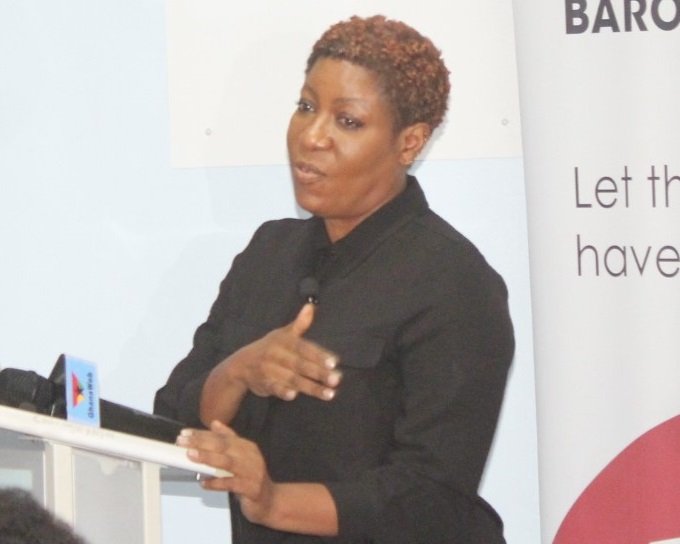The majority of Ghanaians want four government policies to be maintained irrespective of the political party that wins the upcoming December 7 elections, findings from the 10th Afrobarometer survey, as revealed.
According to the report a significant majority – 85 per cent of Ghanaians support the continuation of the Free Senior High School (Free SHS) initiative, while the Planting for Food and Jobs programme (81 per cent), One District One Factory (71 per cent), and One Village One Dam Policy (60 per cent).
However, there is widespread opposition to the electronic transactions levy, commonly known as the E-levy, with 79 per cent of respondents calling for its removal.
The findings of the survey, which was conducted between August 5 and August 22, 2024, were disseminated by the Director of Research at the Centre for Democratic Governance (CDD-Ghana), Dr Edem Salomey, in Accra yesterday.
Also, unemployment, infrastructure/roads, and health representing 41 per cent, 38 per cent, and 33 per cent, respectively were the most important problems that the citizenry faced, according to the findings.
Furthermore, the percentage of Ghanaians, who thought the country was heading in the right direction increased from 11 per cent in 2022 to 15 per cent this year, while those who thought otherwise dropped from 87 per cent in 2022 to 82 per cent this year.
Per the data, 45 per cent thought economic conditions would be much better in the next 12 months, 15 per cent thought it would be the same while 25 per cent thought it would be worse.
Moreover, government’s economic performance in terms of economic management, job creation, improvement in the standard of living of the poor, narrowing income gaps, keeping prices stable, per the data, showed varied percentage ratings in 2022 and this year.
The percentage for government’s economic management, job creation, improvement in the standard of living of the poor, narrowing income gaps, and control of price stability, in 2022, per the data, were 18 per cent, 16 per cent, 15 per cent, eight per cent, and six per cent, as against 19 per cent, 18 per cent, 17 per cent, 11 per cent, and eight per cent, this year.
The data also showed that 52 per cent, 40 per cent, 38 per cent, and 19 per cent of Ghanaians paid bribes this year to obtain police assistance and identity documents, avoid problems with the police, and obtain medical care.
Dr Salomey said the alternating of unemployment, infrastructure, and health, as the three main problems that citizenry wanted the government to address over years meant “we are not doing something right.”
However, she said “the call for the Free SHS, PFJ, 1D1F and 1V1D policy to be maintained tells the story of what national development means. Sometimes, people think Ghanaians wouldn’t understand these things, but this tells you that development should not have any political colour. It should be a national development agenda.”
BY BENJAMIN ARCTON-TETTEY

